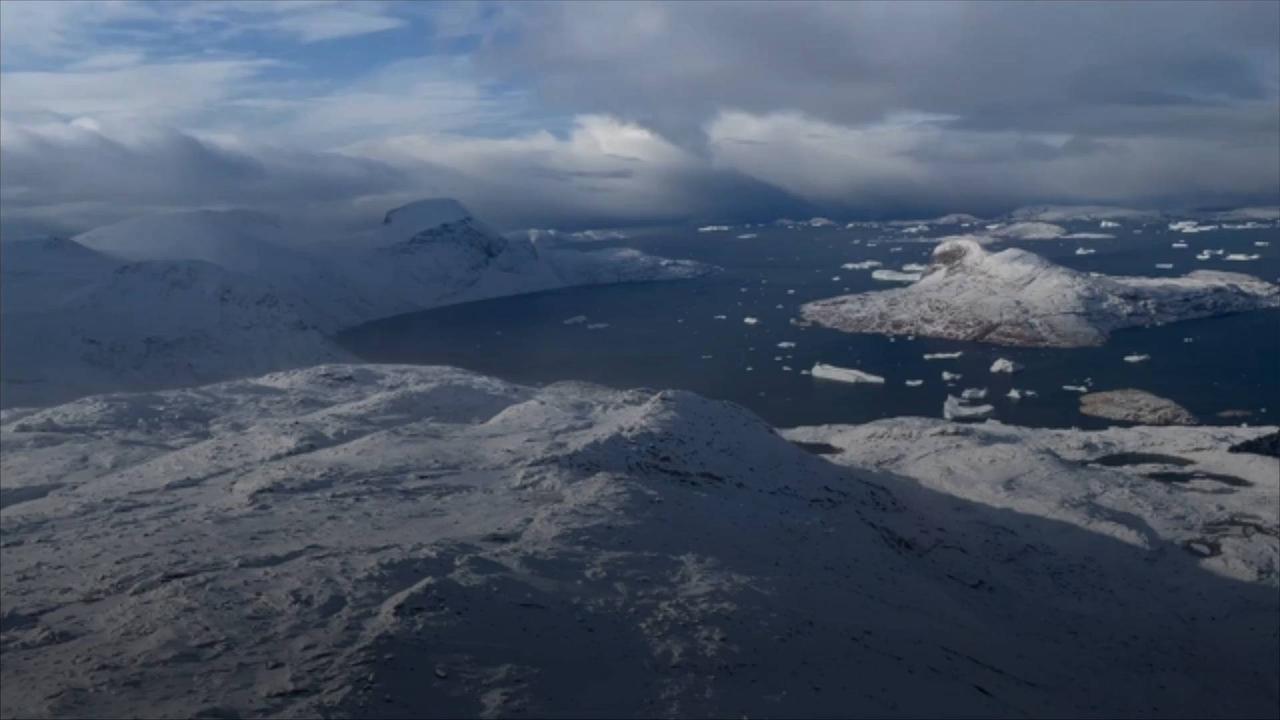
Greenland's Melting Ice , Could Exacerbate Global Warming.
NBC reports that global warming is transforming Greenland, making the frozen landmass more green.
.
According to a new study, melted portions of Greenland's ice sheet and glaciers have left behind wetlands, shrub vegetation and sections of exposed rock.
The paper, published in the journal 'Scientific Reports,' highlights concerns over Greenland's retreating ice and how it threatens environmental stability.
The melting has exacerbated sea level rise and contributed to greenhouse gas emissions from methane-producing wetlands.
NBC reports that Greenland is often considered an indicator for the global climate crisis, as small temperature changes can have a dramatic impact on the environment.
Scientists have warned that if the Greenland ice sheet were to completely melt, it has the potential to raise global sea levels a catastrophic 23 feet.
The new study has found that approximately 11,000 square miles of Greenland's ice has melted in the last three decades.
Over the same period, the amount of vegetated land in Greenland has increased by about 33,7774 square miles.
.
The amount of wetlands nearly quadrupled in that time, most notably around the town of Kangerlussuaq on Greenland's western coast.
We have seen signs that the loss of ice is triggering other reactions which will result in further loss of ice and further ‘greening’ of Greenland, where shrinking ice exposes bare rock that is then colonized by tundra and eventually shrub.
, Jonathan Carrivick, Earth scientist at the University of Leeds in the United Kingdom and one of the study's authors, via NBC
